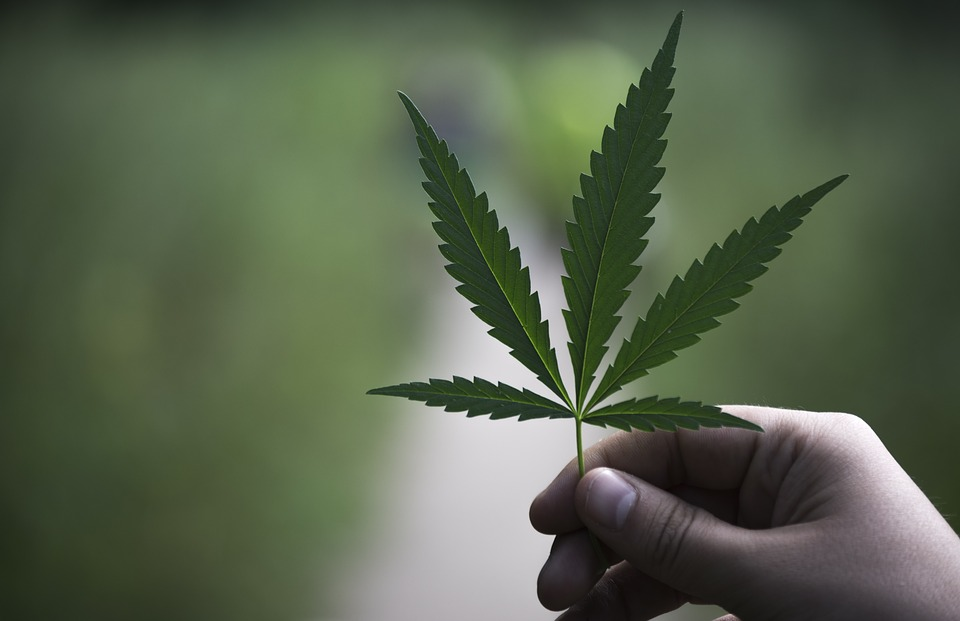New York officially legalized weed Wednesday as Gov. Cuomo signed legislation that will regulate the sale of recreational marijuana for adults and expunge the records of people previously convicted of possession.
Legislators approved the long-stalled measure late Tuesday, sending the bill allowing adults over 21 to use weed legally to the governor’s desk.
“This is a historic day in New York – one that rights the wrongs of the past by putting an end to harsh prison sentences, embraces an industry that will grow the Empire State’s economy, and prioritizes marginalized communities so those that have suffered the most will be the first to reap the benefits,” Cuomo said in a statement. “I’m proud these comprehensive reforms address and balance the social equity, safety and economic impacts of legal adult-use cannabis.”
Officials say the marijuana market will eventually lead to as many as 60,000 new jobs and generate $350 million in revenue annually.
Adults over 21 will also be allowed to grow marijuana at home. It will be a while before legal sales begin or plants are allowed to grow as the newly-created Office of Cannabis Management is formed and finalizes rules and regulations. Most experts predict sales will begin in late 2022 or early 2023.
Some parts of the law take effect immediately as anyone previously convicted of possessing an amount of marijuana now under the legal limit will automatically be subject to expungement and resentencing.
As of Wednesday, New Yorkers can legally possess less than 3 ounces of marijuana outside the home.
And law enforcement can no longer arrest or prosecute anyone for possession of pot under the three-ounce limit. A police officer can still use the odor of burning cannabis as a reason to suspect a driver is intoxicated, but can’t use that smell alone as justification for searching a car.
Once a marketplace is gearing up, the law allows for localities to opt-out of retail sales at the local level. It also sets a 9% sales tax on cannabis, plus an additional 4% tax split between the county and locality.
As far as tax revenue, the plan is to dedicate 40% of the funds to reinvestment in communities disproportionately impacted by the drug war, another 40% to schools and public education, and 20% to drug treatment, prevention and education.
Equity programs providing loans, grants, and incubator programs to ensure broad opportunities for participation in the new legal industry by people from disproportionately impacted communities as well as by small farmers will also be included.
“This social justice initiative will provide equity to positively transform disenfranchised communities of color for the better,” said Assembly Majority Leader Crystal Peoples-Stokes (D- Buffalo). “I believe this bill can serve as a blueprint for future states seeking inclusive cannabis legalization.”
Advocates applauded the repeal of pot prohibition while law enforcement officials expressed reservations about the law.
___
(c)2021 New York Daily News
Visit New York Daily News at www.nydailynews.com
Distributed by Tribune Content Agency, LLC.
Thanks for reading CPA Practice Advisor!
Subscribe Already registered? Log In
Need more information? Read the FAQs
Tags: Benefits, Income Taxes, Legislation, Taxes




